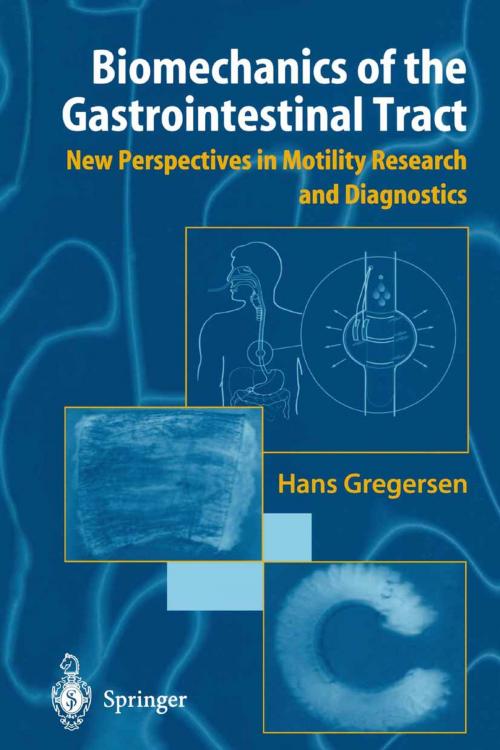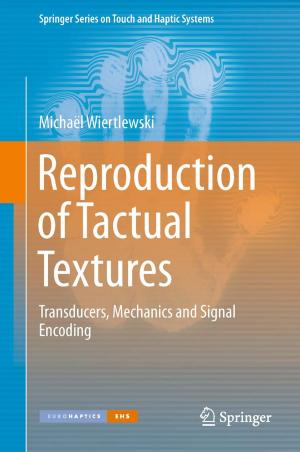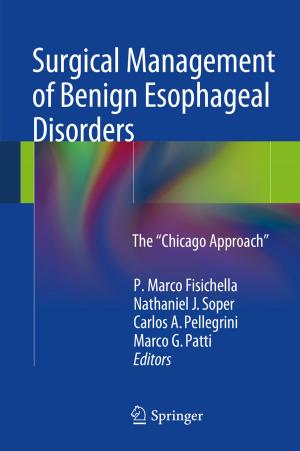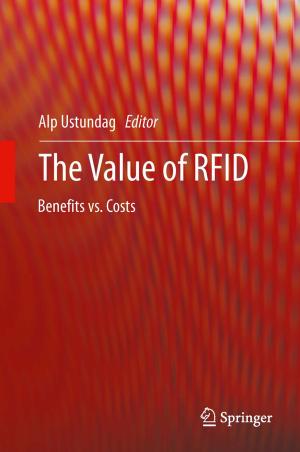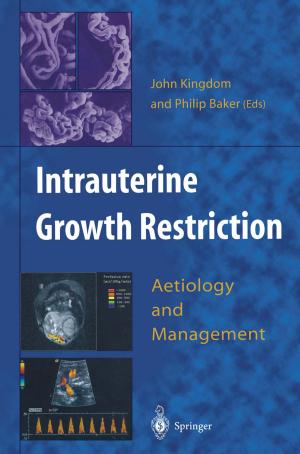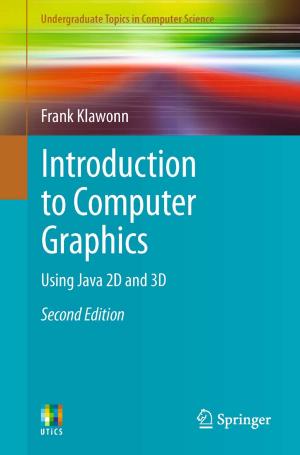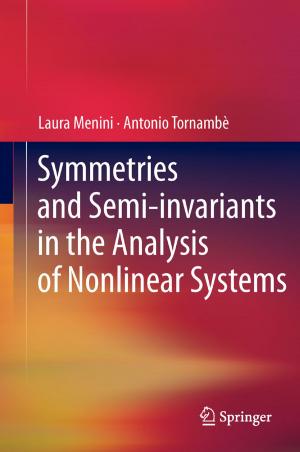Biomechanics of the Gastrointestinal Tract
New Perspectives in Motility Research and Diagnostics
Nonfiction, Health & Well Being, Medical, Specialties, Internal Medicine, Gastroenterology, Medical Science, Physiology| Author: | Hans Gregersen | ISBN: | 9781447137429 |
| Publisher: | Springer London | Publication: | April 18, 2013 |
| Imprint: | Springer | Language: | English |
| Author: | Hans Gregersen |
| ISBN: | 9781447137429 |
| Publisher: | Springer London |
| Publication: | April 18, 2013 |
| Imprint: | Springer |
| Language: | English |
Biomechanics of the Gastrointestinal Tract is an up-to-date book for researchers on the study of the mechanical properties and the motor system of the gastrointestinal tract. A well-illustrated book, it provides a comprehensive overview to relevant tissue geometry, morphology and biomechanical theory. Separate chapters cover smooth muscle and nerve function including the application to animal and human studies of motility, symptoms and pain, determination of the true resting state, history-dependent properties, and tissue remodelling in disease. Several methods and diagnostic applications such as determination of in vivo length-tension diagrams and multimodal pain testing are completely new but will undoubtedly be used by many in the future. New non-invasive imaging techniques based on ultrasound, MR- and CT-scanning in combination with balloon distension are emerging as the techniques for future in vivo studies.
Biomechanics of the Gastrointestinal Tract is an up-to-date book for researchers on the study of the mechanical properties and the motor system of the gastrointestinal tract. A well-illustrated book, it provides a comprehensive overview to relevant tissue geometry, morphology and biomechanical theory. Separate chapters cover smooth muscle and nerve function including the application to animal and human studies of motility, symptoms and pain, determination of the true resting state, history-dependent properties, and tissue remodelling in disease. Several methods and diagnostic applications such as determination of in vivo length-tension diagrams and multimodal pain testing are completely new but will undoubtedly be used by many in the future. New non-invasive imaging techniques based on ultrasound, MR- and CT-scanning in combination with balloon distension are emerging as the techniques for future in vivo studies.
